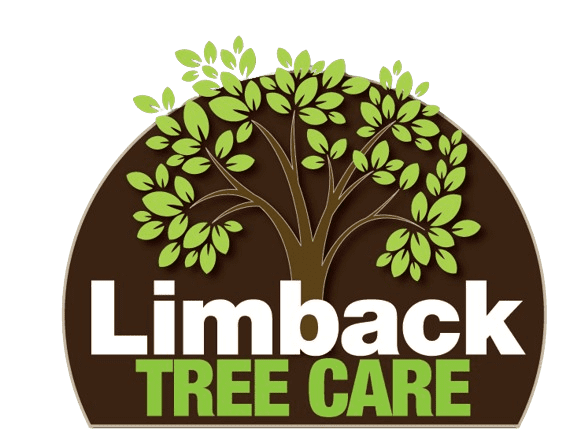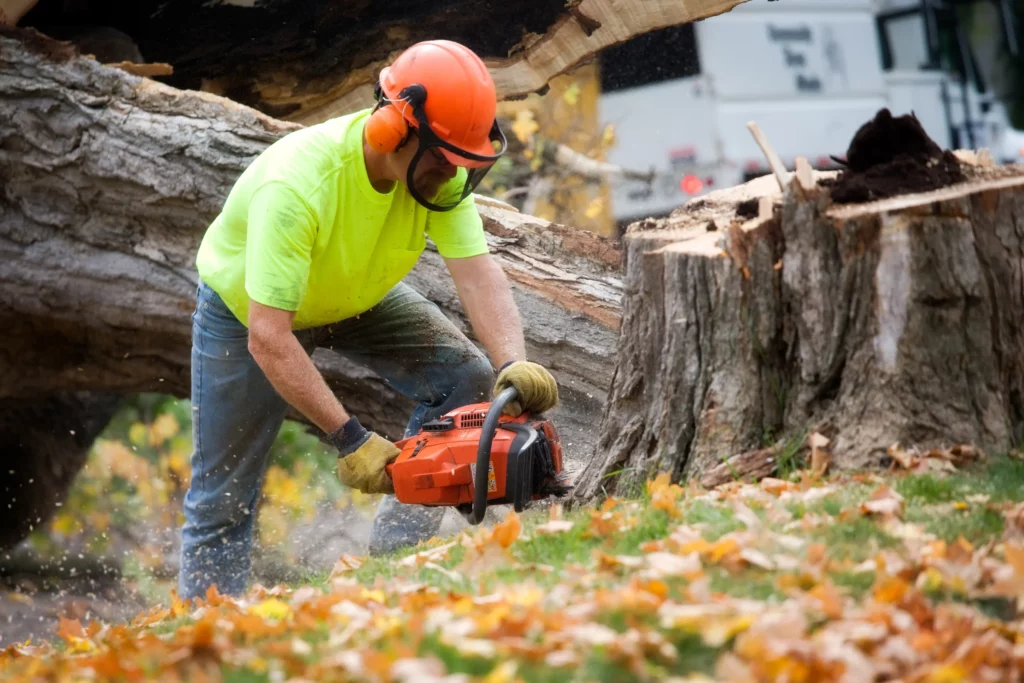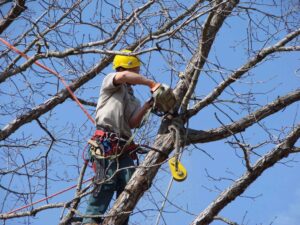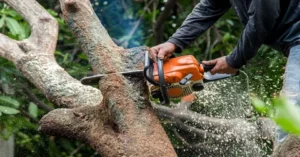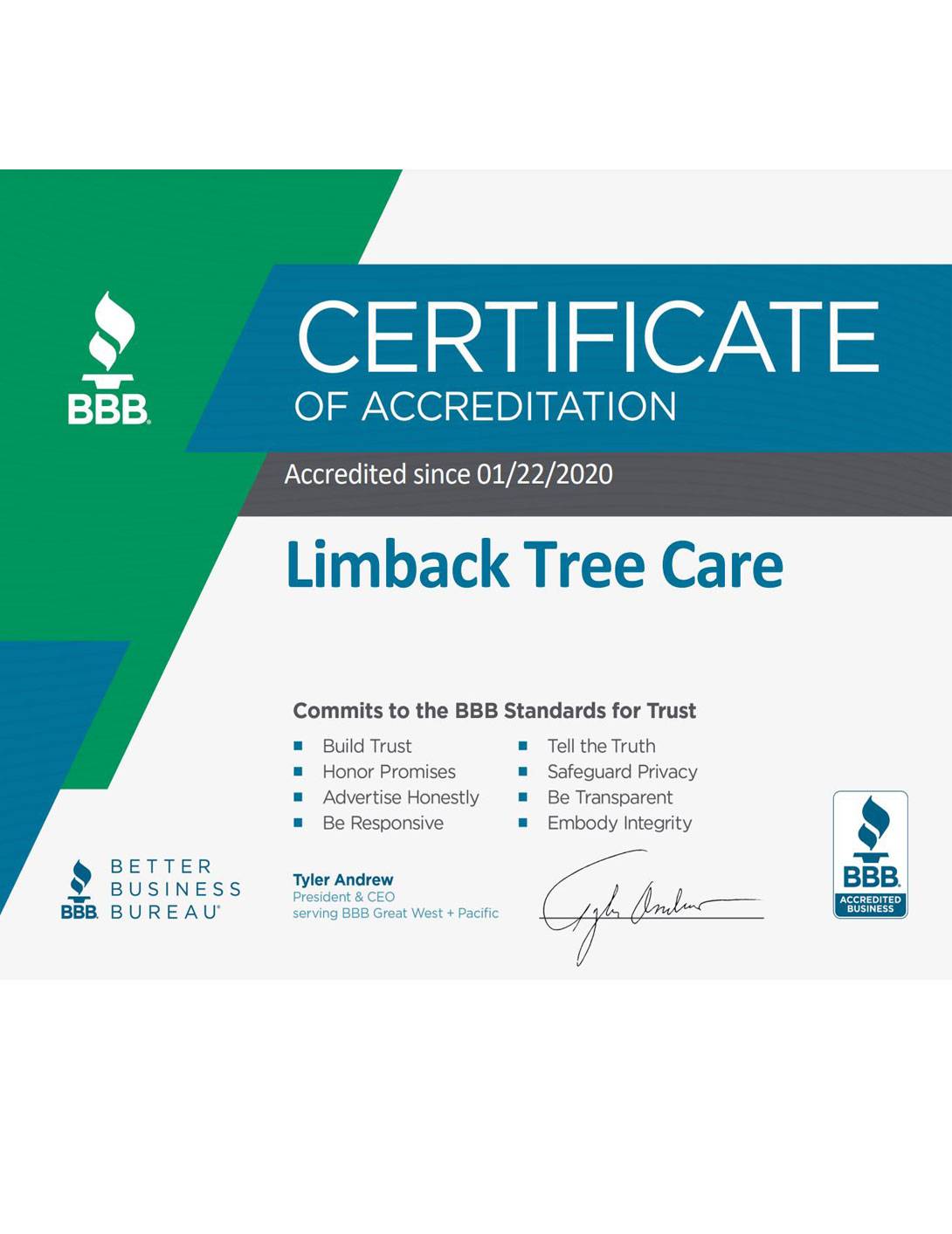Residential logging, a groundbreaking concept in sustainable tree care, takes center stage. Limback Tree Service LLC is at the forefront of this green revolution, introducing you to a forward-thinking approach that not only revolutionizes the way we manage trees but also redefines the possibilities of resource utilization. Residential logging is a strategic, environmentally conscious practice that balances the needs of your property with a commitment to responsible forestry.
Let’s talk about residential logging and how it helps your property, ensuring a balance between environmental health and safety.
Understanding Residential Logging
Residential logging involves the careful removal of trees from residential areas, prioritizing sustainable practices and resource optimization. Unlike conventional tree removal, which often results in the disposal of wood, residential logging aims to utilize the felled trees responsibly.
Limback Tree Service LLC employs a comprehensive approach, considering factors such as tree health, property aesthetics, and the potential for repurposing wood.
Efficient Tree Management
The primary objective of residential logging is efficient tree management that goes beyond the conventional approach of removal. It involves strategic planning, expert evaluation, and the utilization of advanced equipment to minimize environmental impact.
Limback Tree Service LLC considers the long-term health of your landscape, ensuring that tree removal aligns with sustainable practices.
Valuable Resources and Log Processing
One of the distinctive features of residential logging is the emphasis on resource optimization. Log processing transforms the cut-down trees into valuable resources, eliminating waste and promoting a circular economy.
Limback Tree Service LLC utilizes advanced log processing techniques to repurpose wood for various purposes, such as lumber, firewood, or mulch. It reduces the environmental footprint and provides homeowners with tangible benefits from the trees they’ve chosen to remove.
Benefits for Your Property
Residential logging offers a dual advantage for your property. Firstly, it ensures the efficient management of trees, addressing issues such as disease, structural instability, or the need for clearance.
Secondly, responsible log processing transforms what would traditionally be considered waste into valuable resources.
Whether it’s enhancing the aesthetic appeal of your landscape with repurposed wood features or providing a sustainable source of firewood, your property benefits both in terms of tree care and resource utilization.
Balancing Environmental Health and Safety
Limback Tree Service LLC’s approach to residential logging is rooted in the principles of environmental health and safety. By carefully assessing the condition of trees, we determine whether removal is necessary for the well-being of your land.
Our experts employ specialized techniques and equipment to ensure minimal disturbance during logging, prioritizing safety and environmental sustainability.
Community Impact Via Responsible Practices
Residential logging, when embraced on a larger scale, can positively impact the community. It leads to responsible tree management practices, creating a ripple effect that encourages sustainability.
We believe in leading by example, showcasing how residential logging can be a model for efficient tree care that benefits individual properties and the broader community.
Conclusion
Residential logging stands as a source of sustainable tree management, offering an alternative to conventional removal practices. Limback Tree Service LLC invites you to consider this innovative approach, where tree care extends beyond removal to resource optimization. Embracing residential logging ensures the efficient management of trees on your property. It also contributes to a greener tomorrow through responsible practices that prioritize both environmental health and safety.
Contact Limback Tree Service LLC today to explore how residential logging can be a tailored solution for your property, blending tree care with resource sustainability.
